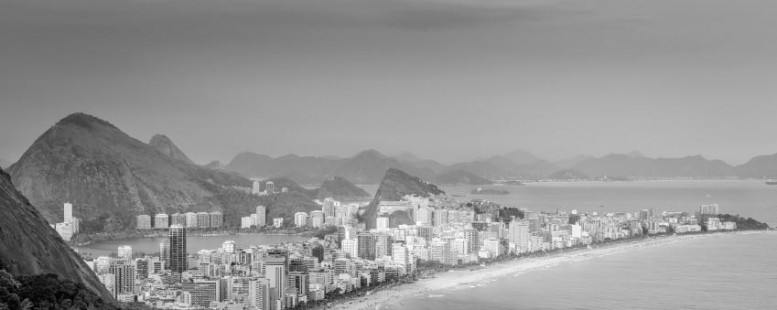Our Opinion: 2015
Time to buy broken Brazil?

t wasn’t long ago that Brazil was tipped as one of the world’s most promising markets. Now… things are going from bad to worse. A corruption scandal at the National oil company, Petrobas, and a drought are already adding to a lacklustre economic backdrop. The benchmark stock market index has fallen 15% over six months and is approaching a six year low.
Corruption is nothing new but its scale at state-controlled Petrobas – Brazil’s largest company – is breathtaking. Company officials colluded with some of Brazil’s largest construction firms to drive up prices for building work, returning much of the funds to politicians to ensure Government support. Contracts totaling $23bn are being investigated and, so far, 39 people charged for corruption, money laundering and organized crime.
Elaine Cantanhede in the Daily newspaper O Estado Se S. Paulo said recently “Petrobas is at the centre of a gear that moves hundreds of companies… and millions of people. If it chokes, the machines stop.” That is evidenced on the ground now, where Petrobas has cancelled projects, delayed payments and frozen credit.
Meanwhile, the Sao Paulo region – Brazil’s industrial heartland – is in the middle of a fierce drought, with 20 million people and many firms facing water rationing. Whilst there have been a few unusually dry years, deforestation and mismanagement are also to blame. Since most of Brazil’ energy comes from hydro-electric power, shortages are inevitably on the cards which will undermine growth further.
These two issues point to a possible recession, as the economy was not expected to produce more than marginal growth this year in any case. The commodities boom has cooled, denting exports and exposing Brazil’s comparatively low level of investment – 18% of GDP compared to an emerging market average of 25%. Structural problems, such as inflexible labour laws and red tape hamper progress, and the government needs to get a grip on public spending. Corruption is estimated to consume 2.3% GDP per year. Although a tough anti-corruption bill has been passed, it has as not been fully implemented.
It’s hard to imagine things getting much worse and the grim news is reflected in the price of assets. The market is on a cyclically adjusted price/earnings ratio of 10 – making it one of the cheapest markets’ in the world. The currency, the Real, is on a ten-year low against Sterling.
The Discretionary Fund Managers we work with are looking at increasing exposure to Brazil for clients with the right risk profile. Its young population and wide selection of agricultural commodities implies excellent growth prospects if Brazil begins to get its act together.
This implies excellent growth prospects if Brazil begins to get its act together.
